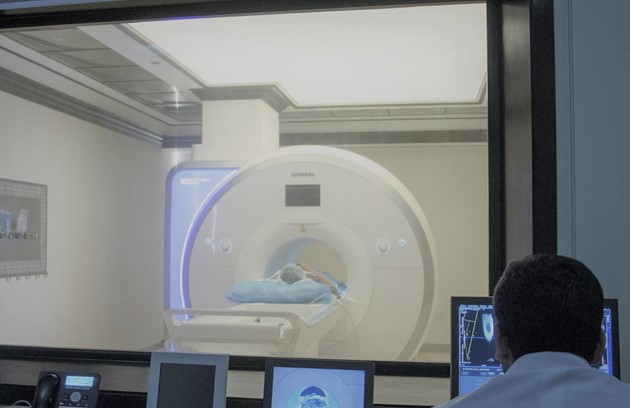Lung cancer is a significant public health concern worldwide, with smoking being the leading cause of the disease. Understanding smoking rates among UAE residents is essential for addressing the prevalence of lung cancer and implementing effective prevention and cessation strategies. In this article, we will explore key facts about lung cancer and smoking rates among UAE residents, shedding light on the impact of tobacco use on lung health in the region.
Lung Cancer: A Global Health Issue:
Lung cancer is one of the most common cancers worldwide, accounting for a significant number of cancer-related deaths each year. While smoking is the primary risk factor for lung cancer, exposure to secondhand smoke, environmental pollutants, and occupational hazards can also contribute to the development of the disease. Early detection and timely intervention are crucial for improving outcomes for individuals diagnosed with lung cancer.
Smoking Rates Among UAE Residents:
Despite efforts to reduce tobacco use, smoking remains prevalent among UAE residents, posing a significant public health challenge. According to recent data, a significant proportion of adults in the UAE are current smokers, with rates varying among different demographic groups. Factors contributing to high smoking rates may include social norms, cultural influences, accessibility of tobacco products, and marketing strategies by tobacco companies.
Impact of Smoking on Lung Health:
Smoking is the single most significant risk factor for lung cancer, responsible for the majority of cases worldwide. Cigarette smoke contains carcinogens that damage the cells lining the lungs, leading to the development of cancerous tumors over time. Smoking is also associated with other respiratory conditions such as chronic obstructive pulmonary disease (COPD) and respiratory infections, further compromising lung health.
Tobacco Control Efforts:
Recognizing the detrimental effects of tobacco use on public health, the UAE government has implemented various tobacco control measures to reduce smoking prevalence and protect residents from the harms of tobacco. These measures include smoke-free policies, tobacco advertising bans, health warnings on tobacco packaging, and smoking cessation programs aimed at helping individuals quit smoking and adopt healthier lifestyles.
Importance of Smoking Cessation:
Smoking cessation is critical for reducing the risk of lung cancer and improving overall health outcomes for individuals who smoke. Quitting smoking at any age can significantly reduce the risk of developing lung cancer and other smoking-related diseases. Healthcare providers play a crucial role in supporting individuals in their quit attempts through counseling, behavioral interventions, and pharmacotherapy.
Understanding smoking rates among UAE residents is essential for addressing the burden of lung cancer and tobacco-related diseases in the region. By raising awareness about the impact of smoking on lung health, implementing effective tobacco control measures, and promoting smoking cessation efforts, we can work towards reducing smoking prevalence and improving lung cancer outcomes in the UAE. Together, we can create a healthier environment for all residents and protect future generations from the harms of tobacco use.

